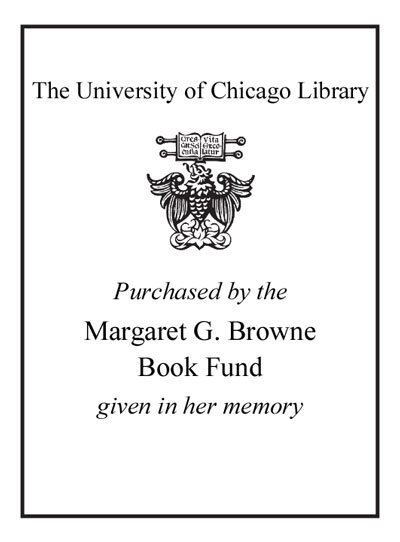Review by Choice Review
Berry (Univ. of Swansea, UK) anthologizes these essays from a mix of established and upcoming international scholars who have interrogated current practices in the "digital humanities" (DH) and attempted to conceptualize two waves--quantitative and qualitative--in this emerging discipline. The essayists, far from being reductive, reveal a self-conscious, complex approach to this evolving field while they raise questions as to what DH actually is. Usefully, they also speculate on possible futures for DH's next "wave," and some call for increased attention to software code and coding practice. Ironically, the book features a number of careless typos, and it oddly chooses to explore a dynamic digital field through the static nature of printed essays--paradoxically reflecting on new humanities methods while using traditional ones. This decision differentiates Berry's book from a number of similar titles that have been offered as open-access e-books, e.g., A Companion to Digital Humanities (2004), by Schreibman et al., and Digital Humanities (2012), by Burdick et al. More robust experiments exist, such as the perpetually evolving online anthology Literary Studies in the Digital Age, on the MLA Commons website at http://dlsanthology.commons.mla.org/. Overall, this collection adds to current DH conversations and offers some thought-provoking observations, albeit less accessibly and dynamically. Summing Up: Recommended. All students and faculty. J. A. Saklofske Acadia University
Copyright American Library Association, used with permission.
Review by Choice Review

